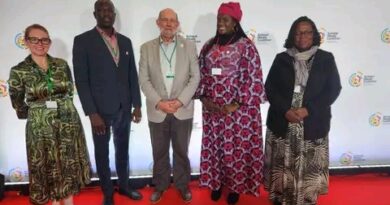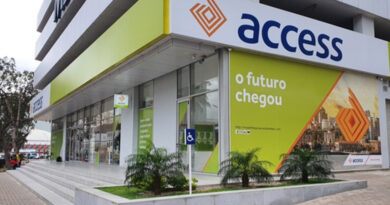Zambia’s 2025 Budget Withstands Economic Pressures, Shows Mid-Year Strength
Economic Analyst Kelvin Chisanga says Zambia’s 2025 national budget is demonstrating resilience and moderate performance despite global and domestic economic headwinds. The budget, themed “Building Resilience for Inclusive Growth and Improved Livelihoods,” is tracking positively at the mid-year mark.
Mr. Chisanga highlighted that Zambia’s GDP is projected to grow between 5.8% and 6.2% in 2025, reflecting strong recovery in mining, agriculture, ICT, and logistics sectors. This marks an improvement from the 4% growth recorded in 2024, signalling rising investor confidence and improving macroeconomic conditions.
Inflation, which peaked at 16.8% in the first quarter, has dropped to just under 14.5% due to tighter monetary policy by the Bank of Zambia and relative stability of the kwacha. However, food and energy prices remain a burden for many households.
On the fiscal side, Mr. Chisanga noted revenue collection is outperforming expectations, driven by mining sector growth and tax compliance. However, unplanned energy imports and high debt servicing costs are placing the budget under stress, testing the primary surplus achieved in 2024.
Foreign reserves have increased to US$4.7 billion, covering over four months of imports—a positive indicator of external resilience. Engagements with the IMF remain on track, with a US$194 million disbursement expected by Q3. Meanwhile, debt restructuring progress is encouraging, but final agreements with private creditors are still pending.
Mr. Chisanga warned that Zambia’s power crisis, driven by low hydroelectric output, continues to constrain productivity. He also cited the Kafue River pollution incident as a reminder of weak environmental oversight and growing pressure on public health systems.
Despite notable achievements in growth and fiscal management, Chisanga emphasized that Zambia must now double down on energy resilience, environmental regulation, and inclusive social spending to realize the full benefits of the 2025 budget.
“The 2025 budget is holding its ground, but continuous policy refinement is essential for sustainable and inclusive development,” he concluded.



